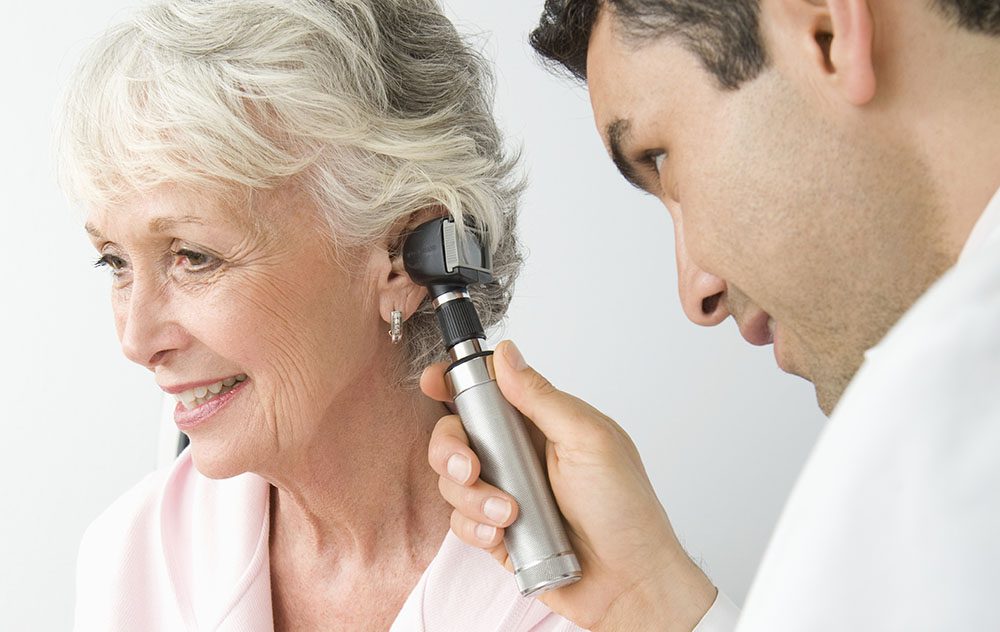Hearing Loss and Its Impact on Family Dynamics
When hearing becomes difficult, the ripple effects touch everyone around


When hearing becomes difficult, the ripple effects touch everyone around

You might have heard various claims about hearing loss and treatment –

Every listening situation brings different challenges, from quiet